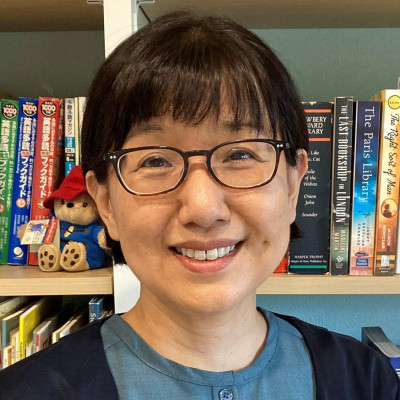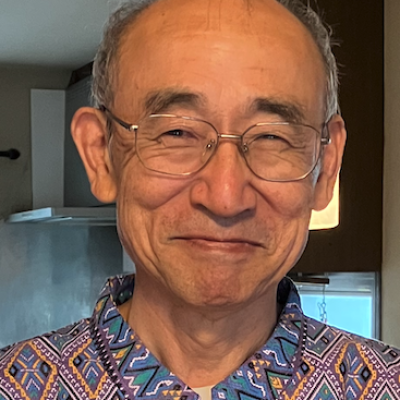All Levels I give permission to record or livestream Presentation (45 minutes)
Extensive Reading Materials in Public Libraries in Japan
In Japan, some public libraries offer English books suitable for extensive reading to support lifelong learning among local residents. Over the past 20 years, the number of such public libraries has been on the rise. However, the actual situation nationwide was unknown except in certain regions, so the first national survey regarding extensive reading was conducted in 2024. In this survey, we asked about the number of representative readers for extensive reading in their English collections, as well as the librarians’ views on extensive reading. In consideration of the increasing need to support the study of Japanese by non-Japanese residents, we also asked about the collection and use of Japanese language materials suitable for extensive reading of Japanese. The questionnaire was sent to 1,023 central libraries, and 571 libraries responded. In this presentation, we report the results of the survey and analysis thereof.
-

Kazuko Ogawa is a doctoral student at the University of Tsukuba. She is a researcher in the field of lifelong learning. Her research interests include how public libraries can support extensive reading among local residents. She co-supervised and co-edited the 2024 Japan Public Library Extensive Reading Material Survey conducted by NPO Tadoku Supporters under a grant from the Japan Foundation for Library Advancement. NPO Tadoku Supporters is a Japan non-profit organization established to promote the extensive reading methodology. Kazuko Ogawa previously served as a board director of NPO Tadoku Supporters and is currently a sustaining member of NPO Tadoku Supporters.
-

He conducted a long-term ER program in a Japanese Engineering college, KOSEN, from 2003 to 2021. The ER program accepted students aged 15 to continue ER in weekly lessons for seven years. In this program, he confirmed the necessity of a long-term program, in-class ER, and easy-to-read English texts. Currently, he helps public libraries and adult EFL learners in the Tokai and Kansai areas through introductory lessons in ER and advice in regular meetups of library users.